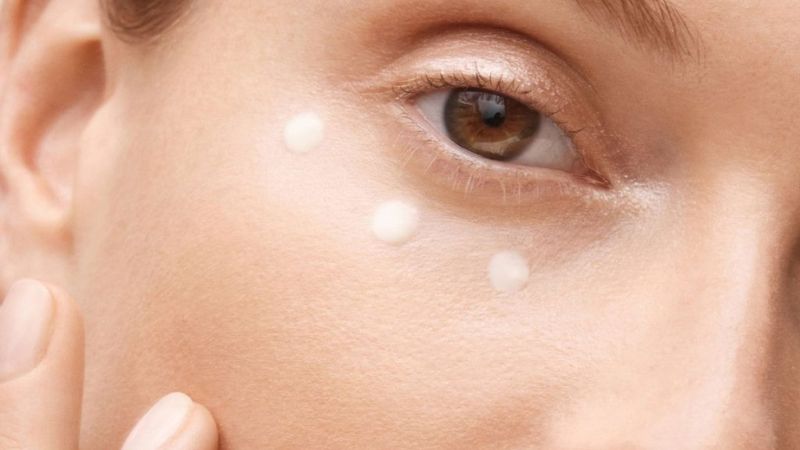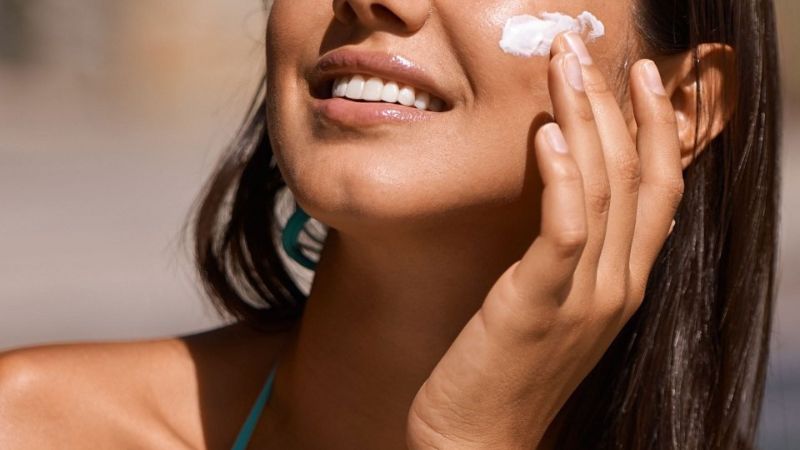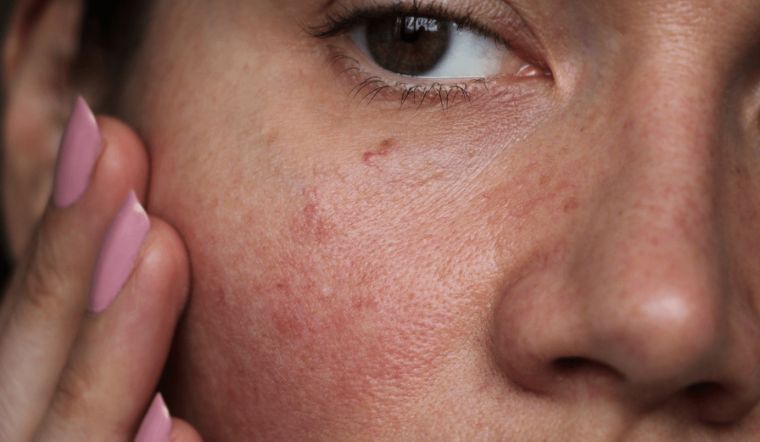Sunscreen is a widely used cosmetic product among women due to its effective skin protection against the sun. However, some individuals experience facial irritation when applying sunscreen. So, what are the reasons behind this and how can you address this issue? Let’s explore in this article!
1 Causes of facial irritation when applying sunscreen
Applying sunscreen multiple times a day:
One common mistake when it comes to skin protection is applying sunscreen excessively throughout the day. Overuse of sunscreen can lead to incomplete absorption into the skin, accumulation in the pores, and ultimately cause congestion, acne, and facial irritation.
Not removing makeup after applying sunscreen:
After a long day of wearing sunscreen, it is necessary to properly remove makeup and cleanse the skin. If makeup is not removed or the skin is not thoroughly cleansed, dirt and oil can build up in the pores, leading to acne, inflammation, and itching.

Causes of facial irritation when applying sunscreen
Applying sunscreen on dry skin:
When sunscreen is applied on dry skin, it may not distribute evenly and can become clumpy. Therefore, it is recommended to moisturize the skin with a moisturizer before applying sunscreen to prevent peeling and improve aesthetics.
Using unsuitable sunscreen for skin type:
Using sunscreen that is not suitable for your skin type can easily cause irritation, especially for sensitive skin. It is important to understand your skin condition and choose the appropriate product. For example, individuals with oily skin should avoid using sunscreen meant for dry skin, and vice versa.

Causes of facial irritation when applying sunscreen
Using expired or fake sunscreen:
Before applying sunscreen, it is important to check its expiration date. When sunscreen expires, its ingredients may degrade, reducing its ability to protect the skin and leading to itching, peeling, and rashes. These symptoms can be more pronounced and severe for individuals with sensitive skin.
Using low-quality or counterfeit sunscreen:
This is a serious issue that can harm the skin. Using products of unknown origins and poor quality can cause itching, irritation, and facial irritation due to the presence of harmful ingredients instead of skin-protecting ones.

Causes of facial irritation when applying sunscreen
2 How to deal with sunscreen irritation
Mild irritation when applying sunscreen:
If you experience itchiness, redness, or irritation after applying sunscreen, it is advisable to thoroughly wash your face and discontinue using the product. In the following days, cleanse your face with a gentle cleanser or diluted green tea to soothe the skin.
In addition, maintaining a healthy diet by consuming fruits and vegetables, staying hydrated, and protecting your skin before going out can improve the effectiveness of your skincare routine.
Severe irritation when applying sunscreen:
If you are experiencing severe irritation, it is recommended to consult a dermatologist for examination and advice regarding your skin condition. The dermatologist may prescribe dermovate, eumovate, or high-dose antiallergic medications to improve your skin condition.

How to deal with sunscreen irritation
3 How to apply sunscreen without experiencing facial irritation
Choosing sunscreen suitable for your skin type and condition is one of the effective ways to avoid irritation when using sunscreen. To test if your body is allergic to any of the product’s ingredients, you can apply it on your forearm for approximately 24 hours (patch-test) before applying it on your face or body.
Check the product’s ingredients to identify if your skin reacts to any of them. Opt for products with mild ingredients that provide better protection for your skin.
Paying attention to the expiration date helps prevent skin harm caused by accidentally using expired sunscreen.
Apply an adequate amount of sunscreen to ensure proper absorption and effective protection against UV rays.
Store sunscreen in dry and cool places, away from direct sunlight. Consider storing the product in a separate compartment or in the refrigerator to maintain the effectiveness of its active ingredients.
Choose to purchase sunscreen from reputable stores or sources.

How to apply sunscreen without experiencing facial irritation
These are the causes of facial irritation when using sunscreen and effective ways to overcome them. Hopefully, this article has provided you with a better understanding of how to use sunscreen effectively and safely for your skin.


































